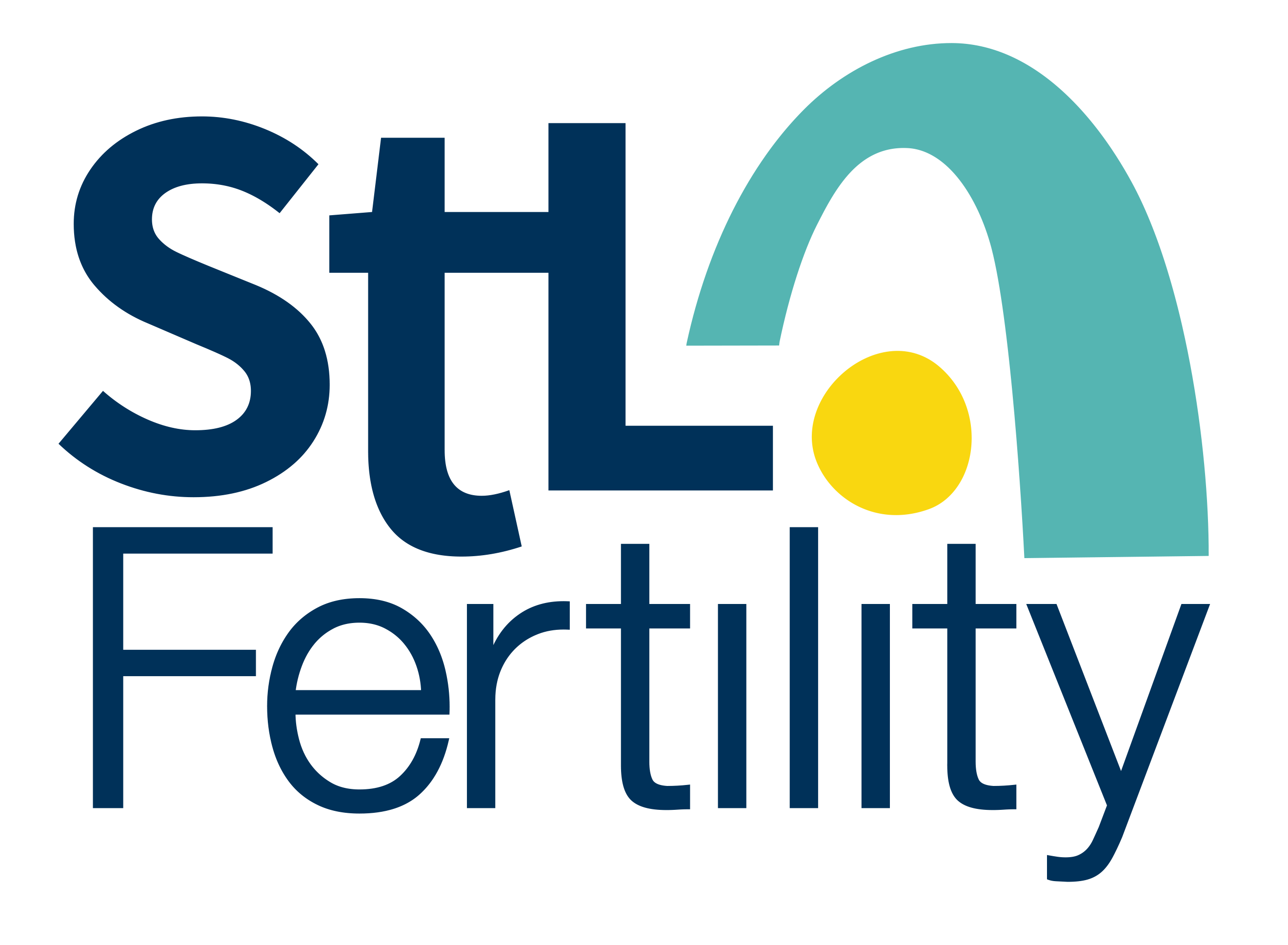Perhaps you’ve noticed fewer available parking spaces at your fertility clinic during morning monitoring. Or you’ve heard people talking about IVF or egg freezing more openly than before on the checkout line at Target or in the break room at your recently reopened office.
While birth rates continued to decline in 2020 nationally, fertility centers across the U.S. and here in St. Louis, are seeing an uptick in new patients as 2021 continues to unfold. Increases in both initial consultations and treatment cycles seem to be more than just pent-up demand from this time last year when many centers (not STL Fertility) closed their doors to hopeful parents for months.
While anecdotal, recently conducted infertility focus groups in key US cities reported that the time in “lockdown” gave many hopeful parents time to try on their own, naturally. One participant reported that the elimination of business travel for both her and her partner “made us realize that we needed to be in the same city, let alone room to get pregnant. And even then, getting pregnant the old-fashioned way isn’t always easy.”
At STL Fertility, Dr. Molina Dayal, Dr. Maureen Schulte, and nurse practitioner Melanie Miranda have seen this national trend first-hand. Here in St. Louis, the team works with couples of all shapes and sizes to make their parenthood dreams come true every day. As patients reassess their work-life balance post-COVID and think more about having a family, they should feel reassured about the science, success, and safety of fertility treatments like IUI, IVF, and egg freezing offered at STL Fertility.
While the field of reproductive medicine is less than 50-years old (after the world’s first IVF birth in 1978), the field has advanced faster than almost any other in the medical field, meaning dramatic advances in treatments, protocols, and outcomes for patients.
The reduction in IVF twin pregnancies and births, for example, is a monumental achievement. It was made possible through countless scientific breakthroughs over the years, from learning how to grow embryos to day 5 in a laboratory, to learning how – and when – to biopsy them, to developing a trustworthy test, known as Preimplantation Genetic Testing for Aneuploidy (PGT-A), that identifies balanced and unbalanced (abnormal)embryos. The test makes possible Single Embryo Transfer (SET), which is the transfer of just one (balanced) embryo at a time.
And what has SET meant for women seeking fertility care? First and foremost, it has meant the drastic reduction in risk to mothers and babies that come with twins – a reduction in premature birth, complications during birth, and NICU stays for twins, among other issues.
It has also meant higher success rates for patients since chromosomally normal embryos lead much more often to a sustained pregnancy and live birth than abnormal embryos, which are prone to lack of pregnancy or miscarriage.
Rest assured, STL Fertility and many other fertility centers are still taking measures to reduce the spread of COVID-19. It’s not over just yet. But the next time you look around that busy waiting room, understand that while national birth rates may be on a downward trend, the opposite seems to be happening with those who need a little science and support to have a family. At STL Fertility our family is here to build yours.
To make an appointment with STL Fertility, click here.
